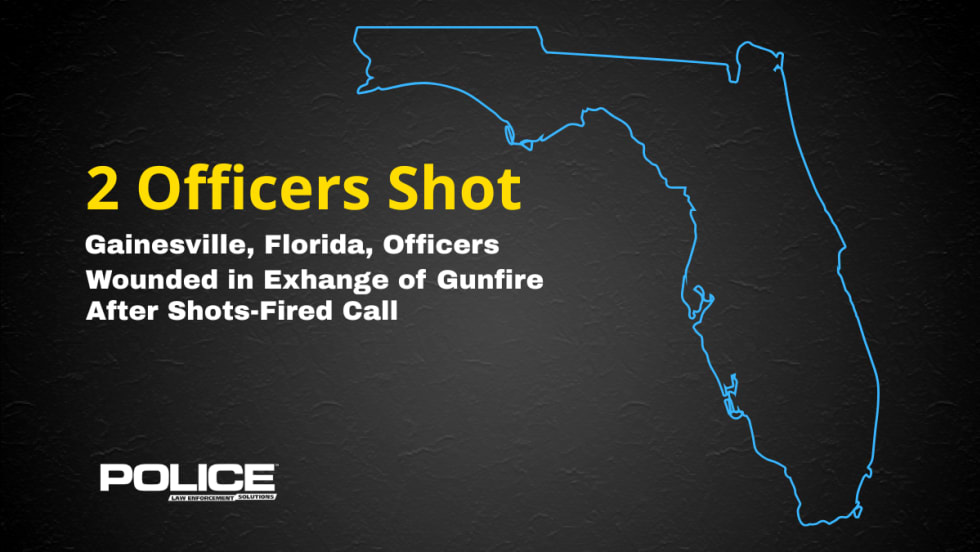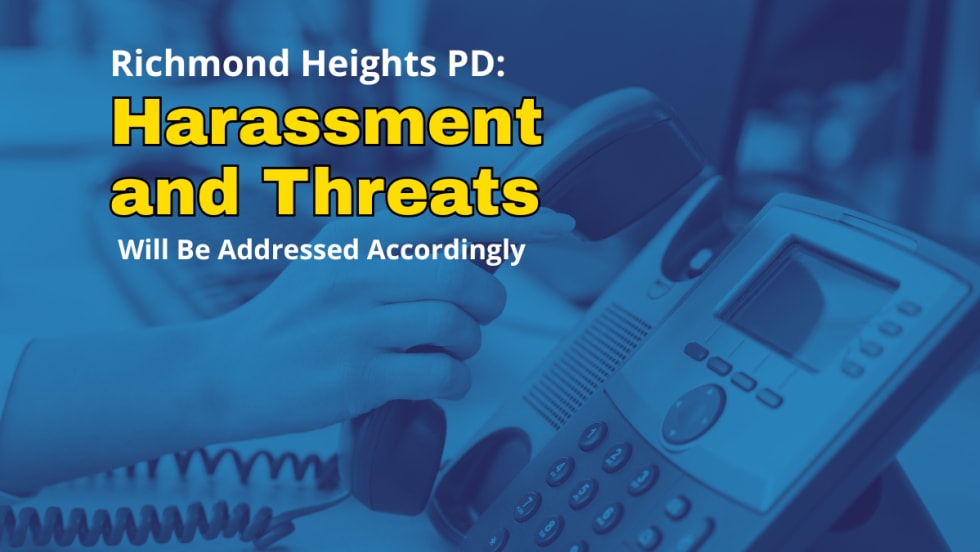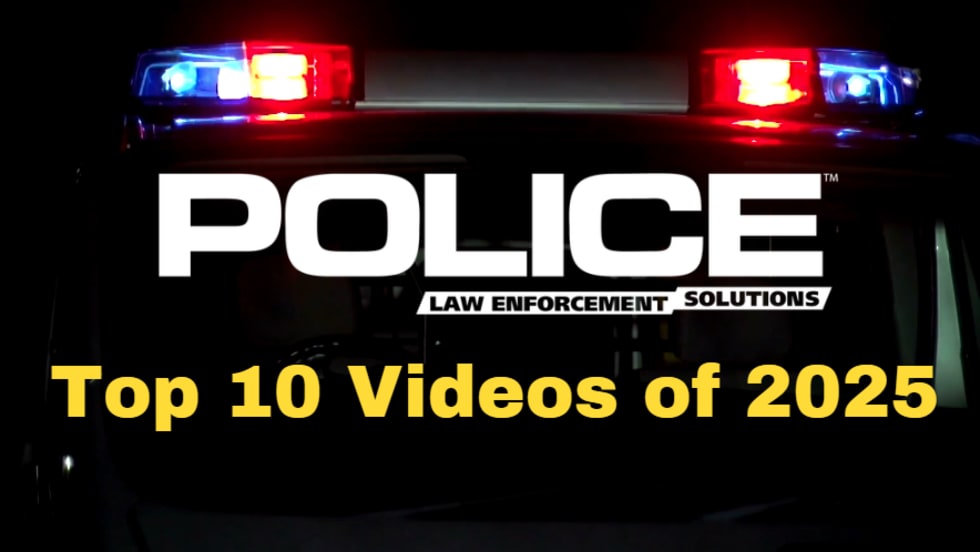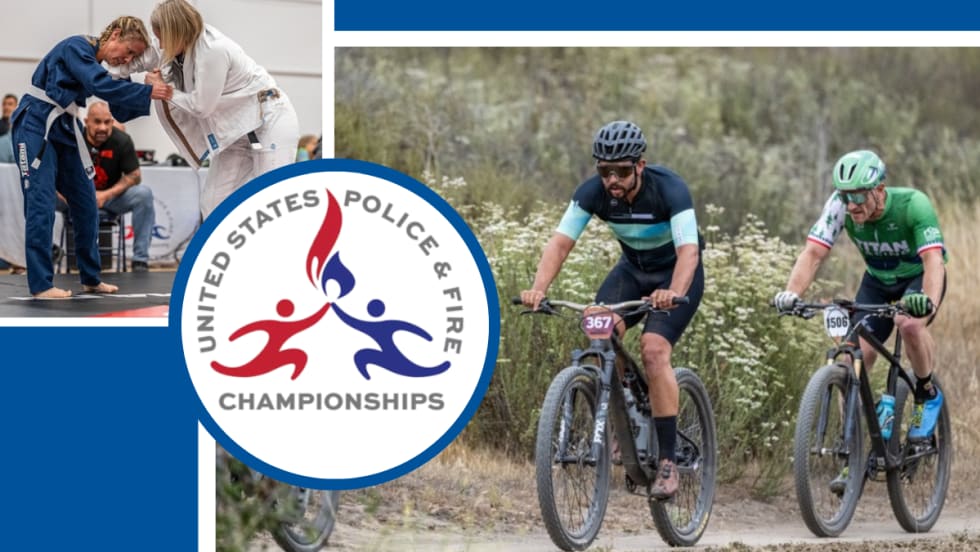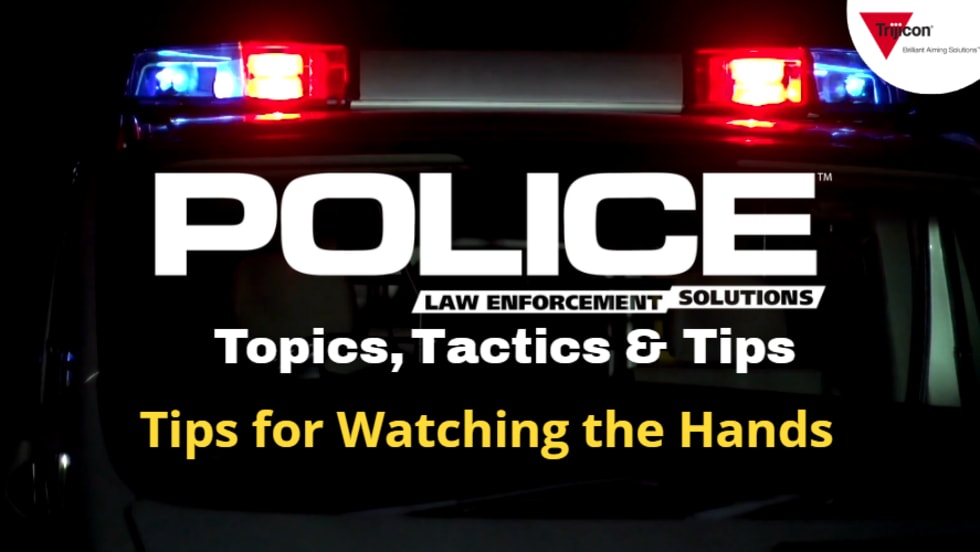On April 19, 1995, Trooper Charlie Hanger of the Oklahoma Highway Patrol stopped a car that had no license plate. He told the lone occupant, "Driver, get out of the car." Moments later, Hanger saw the bulge of a handgun in a shoulder holster beneath the driver's windbreaker. What started as a "routine" traffic stop then turned into an arrest for carrying a concealed weapon, and this arrest subsequently led to the conviction and execution of the driver for the murder of 168 men, women, and children in the Oklahoma City bombing that had occurred 90 minutes before Trooper Hanger made the stop on Timothy McVeigh.
Is it OK under the Fourth Amendment to turn a traffic stop into a criminal investigation? Of course it is, provided the justification for the additional investigation is developed during the reasonable duration of the traffic stop—not after, as the U.S. Supreme Court recently explained.







